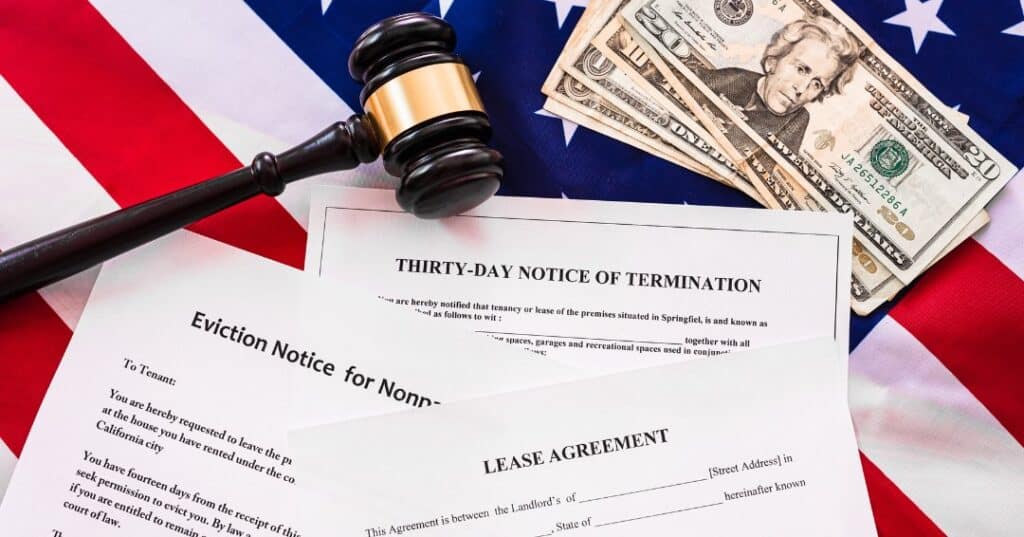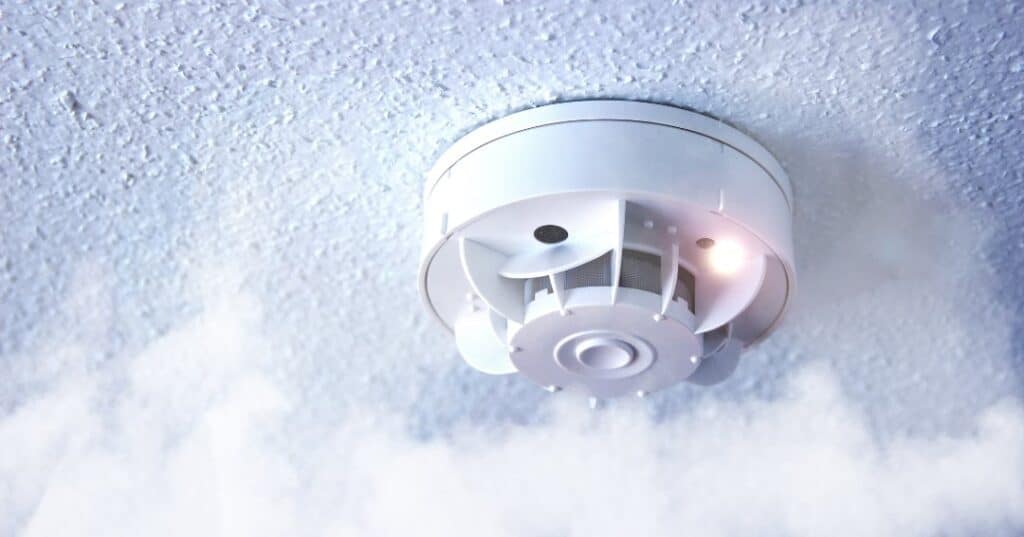Are you a landlord looking to know the Short Term Rental Laws in Pennsylvania? Are you planning to open your own short term rental company in the area? Well, there are certain regulations that you must be aware of if you are operating or planning to launch a short-term rental company in the state of Pennsylvania. There is no statewide policy in Pennsylvania other than those pertaining to taxes. Rather, every municipality has its own set of rules.
Pennsylvania has so much to offer, from its beautiful landscapes to its vibrant cities and rich history. It is the perfect place for travelers looking for an authentic Airbnb experience. Pennsylvania’s approach to short-term rentals strikes a balance between freedom and regulation, allowing localities to take charge of overseeing Airbnb operations.
This governance model highlights the state’s appreciation for regional identity and the unique characteristics that accompany it.
A Quick Snapshot of Short Term Rental Laws in Pennsylvania
- Particular laws may govern short-term rentals in Pennsylvania’s cities and municipalities. Contact the county or municipal authority in the region where the property is located. They can provide you with important information about occupancy taxes, zoning rules, permit procedures, and any other applicable legislation.
- Short-term rentals (less than 30 days) are permitted in Philadelphia, however there are restrictions. For short-term rentals, hosts are required to get a rental license and pay the 8.5% hotel tax levied by the city.
- Short-term rentals are subject to several regulations in Pittsburgh. Getting a permit and making sure you pay the required municipal taxes are two of these regulations. Just so you know, to operate within the law, hosts must register with the city and get permission.
- When you rent a property in Pennsylvania, some towns require you to pay occupation or lodging taxes, even if it is just for a short time. If you want to reserve a short-term rental in the region, bear this in mind. Typically, it is the hosts’ responsibility to collect and submit these taxes to the local tax office.
- In certain places, such as residential zones, zoning laws determine whether or not short-term rentals are allowed. Local laws may also govern the use of homes for short-term rentals in certain towns or cities.
- Short-term rental homes required to comply with certain health and safety regulations in different places. This may include devices such as fire extinguishers, carbon monoxide detectors, smoke detectors, and so on.
- If a property is under a homeowners’ association, there may be short-term rental laws or limitations. Thoroughly review the HOA rules before advertising a house on Airbnb or other comparable services.
- Hosts should confirm that short-term rental activities covered by their homeowner’s insurance. They should also consider obtaining additional liability insurance for short-term rentals.
Specific Laws in Pennsylvania
When it comes to Airbnb legislation in Pennsylvania, hosts have to figure out the Vacation Rental Laws without any statewide mandates, which can be quite complicated. Let’s talk about Philadelphia, for example.

If you want to rent your properties in PA, it is important to understand permits. In towns outside of Philadelphia, places like Gettysburg have managed to preserve their historical charm while also catering to the needs of modern visitors by obtaining specific permits.
Different Short Term Rental Laws in Pennsylvania
| Location | License Required | Primary Residence Requirement | Annual Renewal | Safety Measures | Max Occupants | Special Conditions |
| Philadelphia | YES | Yes, for Limited Lodging | YES | Smoke and CO Alarms | N/A | No External Signs, Lead-Safe Certification, Quiet Hours |
| Poconos (Mount Pocono) | YES | N/A | YES | Smoke Detectors, Fire Extinguishers | 2 per Bedroom | Local Contact Person, Minimum lot Area, Parking Space per Bedroom |
| Easton | YES | N/A | YES | Inspection Compliance | N/A | Off-street Parking, No Signage, Yearly Inspection |
| Gettysburg | YES | Varies | YES | Zoning Approval for Safety | N/A | Land Use Permit, Homestay Residency Certification |
Notice, that each region has its own set of short term rental laws. This has resulted in Pennsylvania having its own distinct approach to Airbnb. These rules reflect the wide range and complex character of the state.
What Airbnb Hosts in Pennsylvania Need to Know?
When it comes to vacation rentals in the Keystone State, there is more to it than just offering a comfortable place for travelers. You need to be aware of and follow a range of legal obligations. In Pennsylvania, hosts are expected to comply with certain legal requirements for Airbnb rentals. These requirements focus on ensuring the safety of the premises, maintaining accurate tax records, and keeping detailed operational documentation.
Important Safety Measures for Short Term Rentals
First and foremost, every Airbnb host must understand that the most important thing is the safety and comfort of their guests. In Pennsylvania, it is important to have smoke and carbon monoxide alarms installed on your property to ensure safety and be prepared for any emergencies that may arise.

Also, emergency equipment like fire extinguishers and first aid kits should be readily available and properly maintained. However, this focus on safety is not just about meeting Airbnb Host Legal Obligations in Pennsylvania. It is a crucial part of providing hospitality that builds trust and confidence among guests.
Tax Collection and Remittance: State and Local Considerations
For Airbnb hosts, it is important to handle Short Term Rental Tax Compliance with care when it comes to fiscal responsibilities. In Pennsylvania, there is a Hotel Occupancy Tax that you will have to deal with, along with a Local Sales Tax that can change depending on where you are. When it comes to taxes, Airbnb helps hosts by handling the collection and payment process.
Tax Responsibilities for Airbnb Hosts in Pennsylvania
| Tax Level | Responsibility | Managed by Airbnb |
| State Taxes | Host | YES |
| County Taxes | Host | YES |
| City Taxes | Host | YES |
| Occupancy Taxes | Host | YES |
| Sales Taxes | Host | YES |
However, it is important for hosts to make sure they are fully compliant with all tax obligations. It is a good idea for hosts to regularly review their tax status to avoid any mistakes that could result in penalties.
Keeping Track of Records and Managing Guest Information
When it comes to short-term rentals, having accurate documentation is just as important as any other part of the process. Hosts should make sure to maintain thorough records that include the number of bookings and their durations, as well as any evidence that supports their property being a primary residence, if applicable.
Safety Measures Required in Different Locations
| Regulation/Consideration | Description |
| Lease Agreements | Must comply with lease terms and conditions |
| HOA Rules | Must adhere to rules set by Homeowners Association (HOA) |
| Tenant Organisation Guidelines | Must follow guidelines set by tenant organizations |
| Insurance | Hosts may need additional insurance coverage |
| Accessibility | Must follow guidelines set by tenant organizations |
Having these records easily accessible for inspection is important to maintain transparency and legitimacy in your business, ensuring compliance with Pennsylvania Airbnb Legal Requirements. Not keeping up with these records could put the host’s legal standing at risk and harm their reputation in a highly regulated industry.
To have a successful Airbnb in Pennsylvania, it is important to have a good grasp of the regulations that govern it. Taking on these responsibilities leads to a hassle-free hosting experience and helps maintain the long-term viability and trustworthiness of the short-term rental industry in Pennsylvania.
Summing Up
Every city in Pennsylvania has a unique approach to short-term rentals that reflects its individual character and specific requirements. If you are operating an STR as a business or side gig, it is crucial to have a good grasp of the local regulations.
By following these short term rental laws, you can steer clear of any penalties and demonstrate your commitment to being a responsible business owner. This article provides a general overview of the state and local rules. However, it is crucial to remember that it is not meant to be taken as legal advice.
Hyatus Stays is a go-to platform for landlords looking to kick off or streamline their STR business in Pennsylvania. The professional Hyatus team knows the short-term rental laws in PA and the needs of landlords here.
Plus, if you interested in staying up-to-date on STR regulations in Pennsylvania, it is a good idea to contact your local government or consult with a real estate specialist or attorney. Rest assured, they will provide you with all the answers you require!







